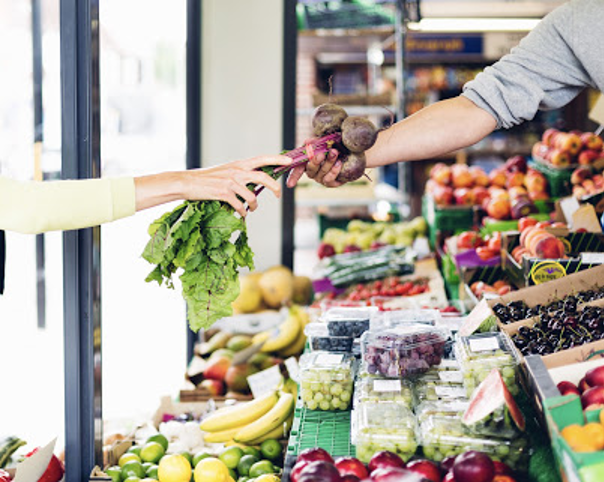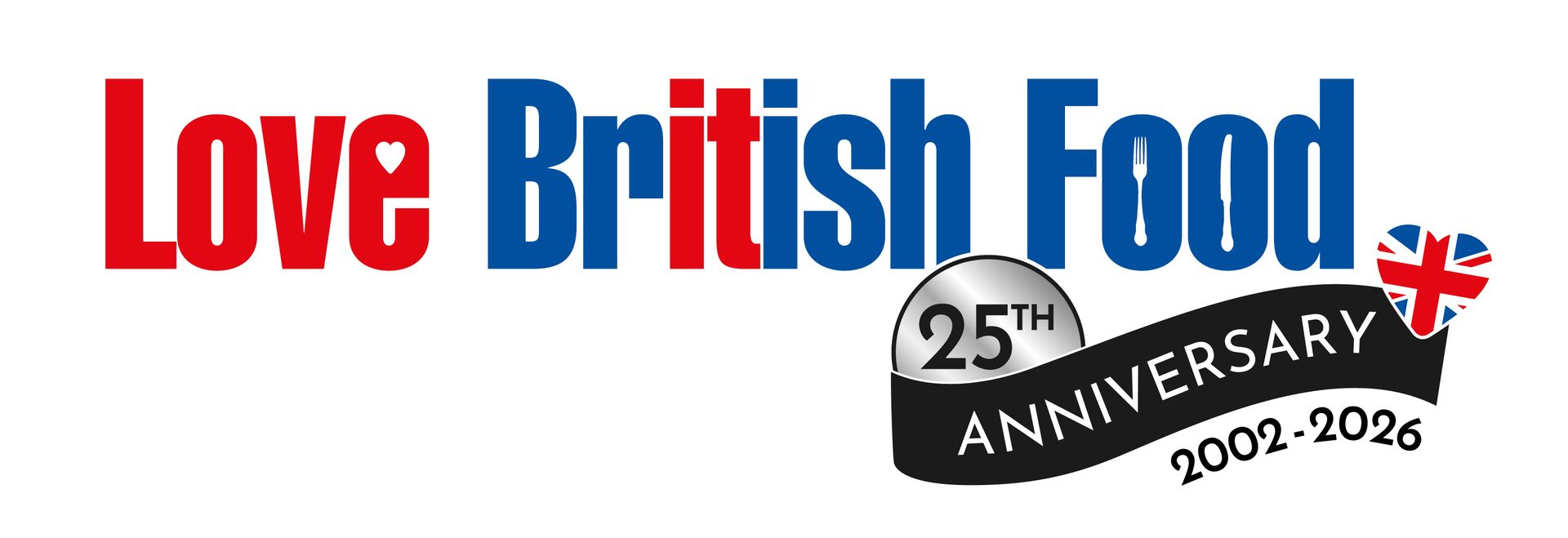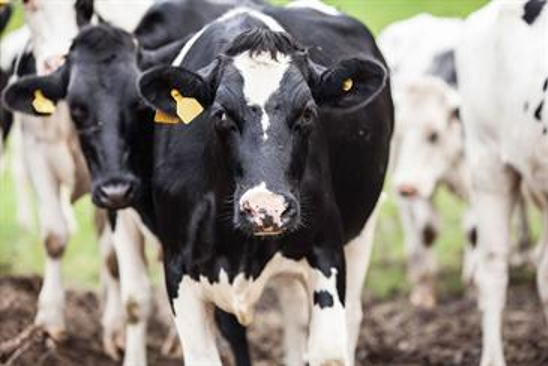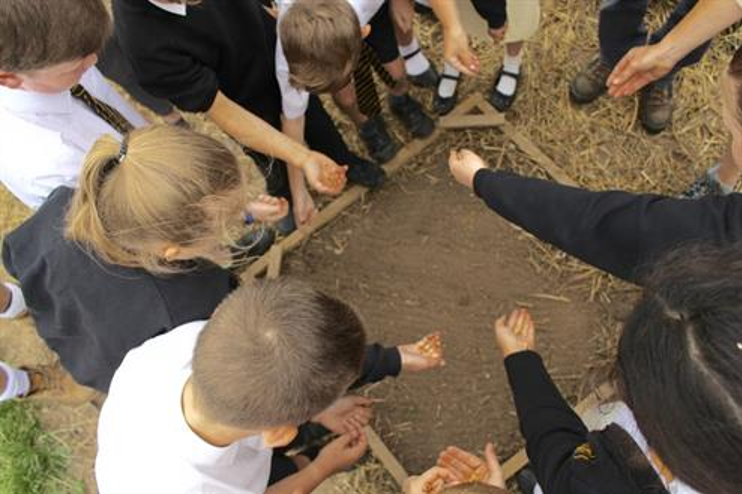Rapidly growing research is showing the crucial role that our gut microbes play in our long-term health and wellbeing. Read on for the key evidence-based facts about Gut Health and why this is nutrition science to shout about!

What does ‘Gut Health’ actually mean?
Eating fibre-rich and fermented food, which encourages a good and diverse range of gut bacteria is the start. Fibre of course maintains our digestive health by ensuring the food we eat passes more quickly through the gut. More importantly, our gut bacteria then ensure we benefit from key nutrients in our diet. By fermenting the fibre we eat and digesting it for us they gain their energy. They’re also crucial in activating many antioxidants in our food. Their products of digestion, known as metabolites, then carry out vital roles essential for the health of our gut, but also for many other body systems:
80% of the cells required for our immune response to infection are located in the wall of our gut – our gut bacteria and the chemicals they produce are essential in the development of these cells to ensure we develop a strong immune system. Current research is showing an association not only between our microbiome and our ability to resist infections but also our risk of autoimmune disease such as Rheumatoid Arthritis (RA) and Multiple Sclerosis (MS).
In fermenting fibre in our diet, our gut bacteria produce fatty acids, one of which Butyric Acid, or Butyrate, has a vital anti-inflammatory role, providing energy to maintain the health of our colonocytes, the cells which line the wall of our gut. Current research shows links between our microbiome and Inflammatory Bowel Disease (IBD) and Colorectal cancer. Butyrate also has an antibacterial function against less favourable bacteria.
Further studies are showing potential roles for our gut bacteria in our emotional wellbeing – they’re key in the production of the amino acid tryptophan which is required by us to make our ‘happiness hormone’, serotonin. But also, we now know that products of our microbiome stimulate nerve endings within our gut wall, the pathway of our ‘Gut-Brain Axis’, another term we’re starting to hear more frequently!
Then there are many more emerging roles for our gut bacteria from keeping cholesterol levels favourable to pivotal roles in maintaining a healthy weight and reducing risk of chronic disease like Type 2 Diabetes. (2)
How much fibre should we eat?
In 2016, The Scientific Advisory Committee on Nutrition (SACN), who report the findings of research studies to Public Health England, advised increasing the recommended intake of fibre for children (18g/day) and adults (30g/day), as a result of firm evidence for its many health benefits, collected from rapidly growing research over several years. (3)
Helping nature to thrive
But just as nurturing our microbiome looks after our long-term health, it also begins to help nature to thrive – the foods which are key in encouraging good gut bacteria are also part of a sustainable diet – good for us and good for our planet! Eating seasonal (and therefore British) fruit and vegetables, wholegrains like oats, barley and even British chia seed and Quinoa now being farmed in Essex, ensures plenty fibre in our diet.
Gut Bacteria, Cows and Greenhouse Emissions!
However, there’s more to nurturing microbes than just our own health – cows are responsible for 4% of greenhouse gas emissions in the methane they produce – the same as from the airline industry. Researchers at Aberdeen University are discovering that certain types of gut bacteria in cows result in lower methane production. Science is showing associations between these potentially beneficial bacteria and cows fed entirely on pasture and of course let’s not forget the carbon recycling in all those country pancakes!
Getting down to earth with all of this, it’s clear that by living ‘closer to our land’ and being less obsessed with hygiene, eating fibre-rich food in its most natural form and enjoying fermented foods too are simple steps we can all take to improve our gut health. Choosing wholegrains, skin-on fruit and veg, beans, pulses, nuts and seeds, keeping our soils healthy with responsible farming and eating as sustainably as we can, including dairy, beef and fish, is all part of the bigger picture to nurture the future health of ourselves and our planet. Most importantly, spare a thought for our microbes, tiny and silent yet essential for the health of ourselves, our plants and our animals! (4)
References:
1. Sender, S., Fuschs, S., Milo, R (2016) Revised estimates for the number of human and bacteria cells in the body https://www.biorxiv.org/content/10.1101/036103v1
2. Valdes, A.M., Walter, J., Segal, F., Spector, T (2018) Role of the gut microbiota in nutrition and health British Medical Journal: 361 K2179
3. NDNS: National Diet and Nutrition Survey, UK. Continuous survey carried out by Public Health England and the Food Standards Agency to assess the nation’s food intake. Data taken from latest update, 2018.
4. The microbiome: human medicine and agriculture in a microbial world. Conference report, 5 October 2018
Share:
You may also be interested in...

















